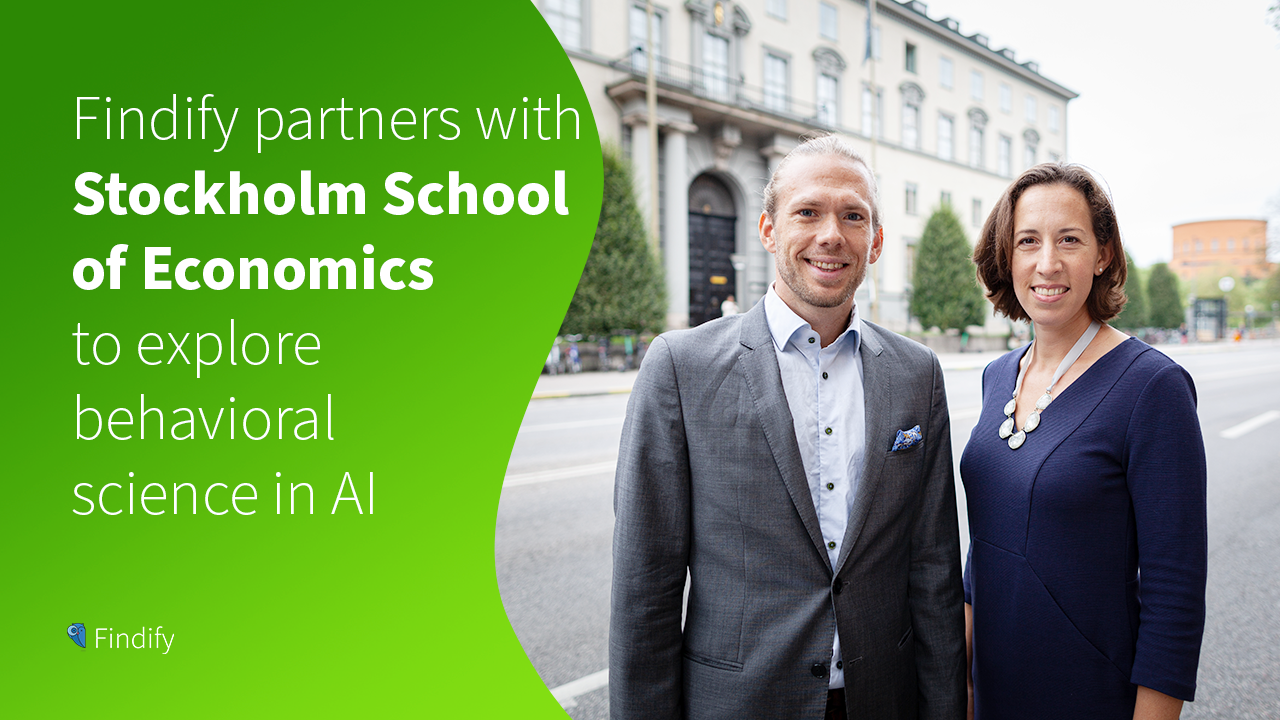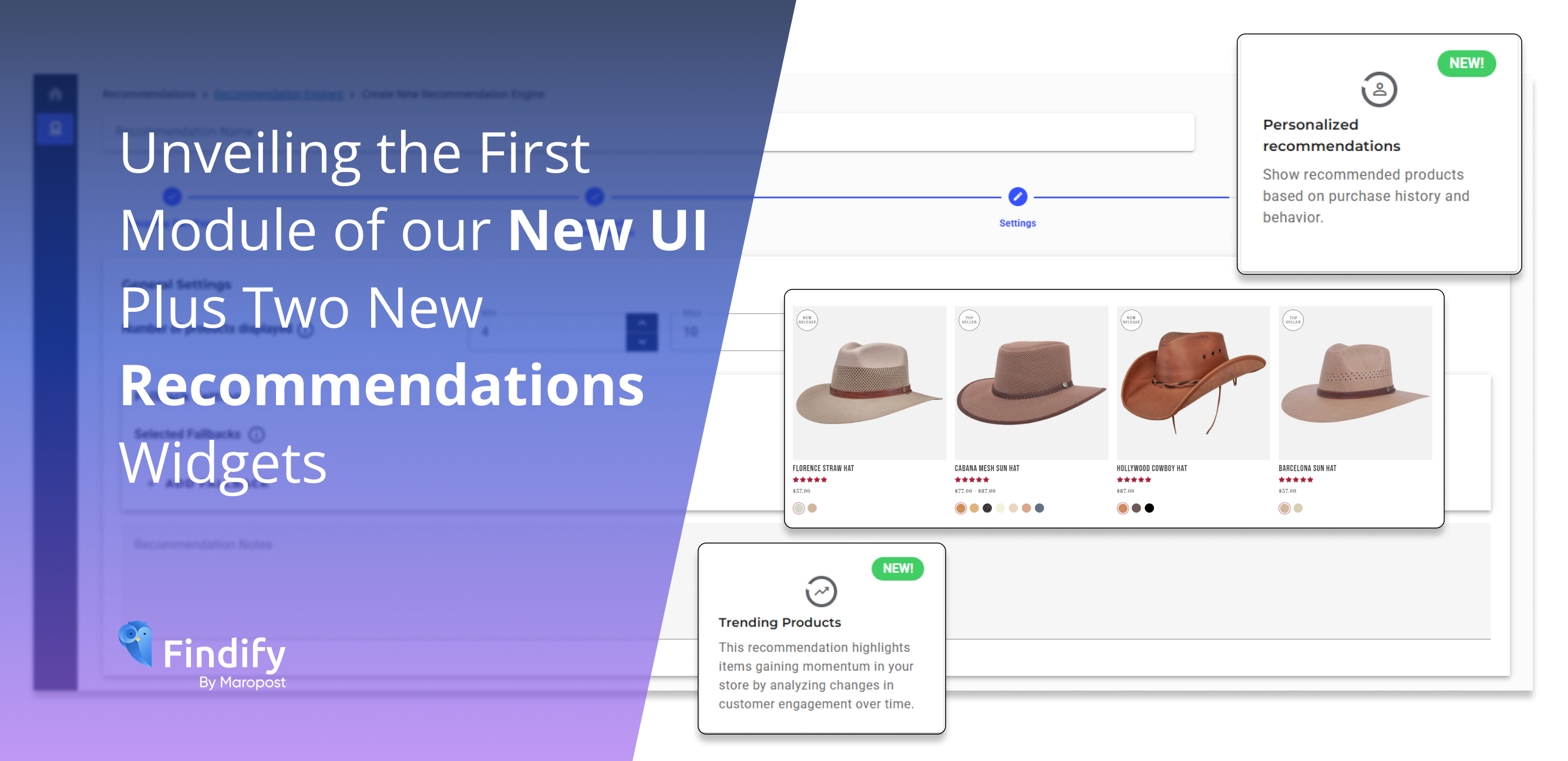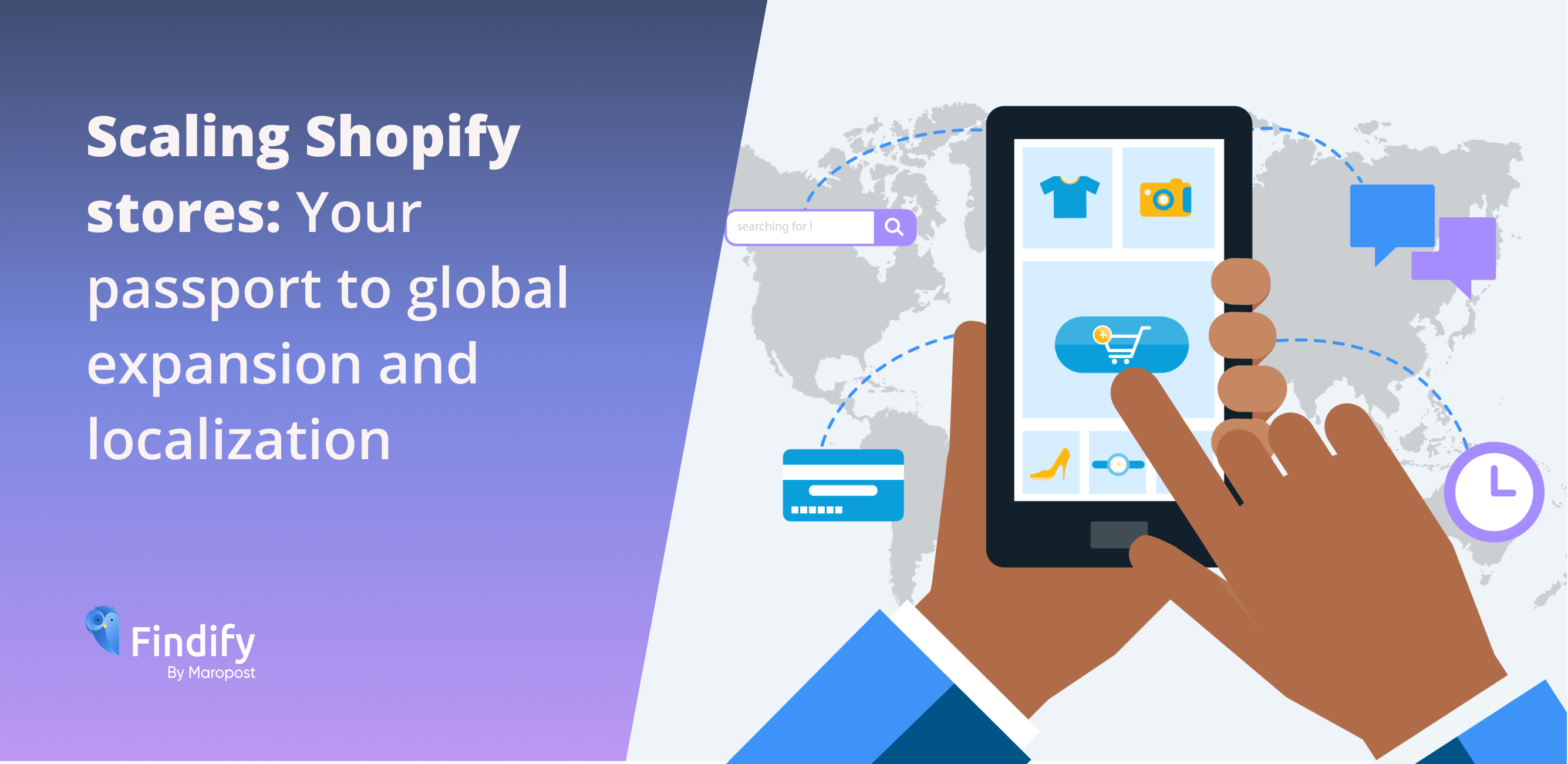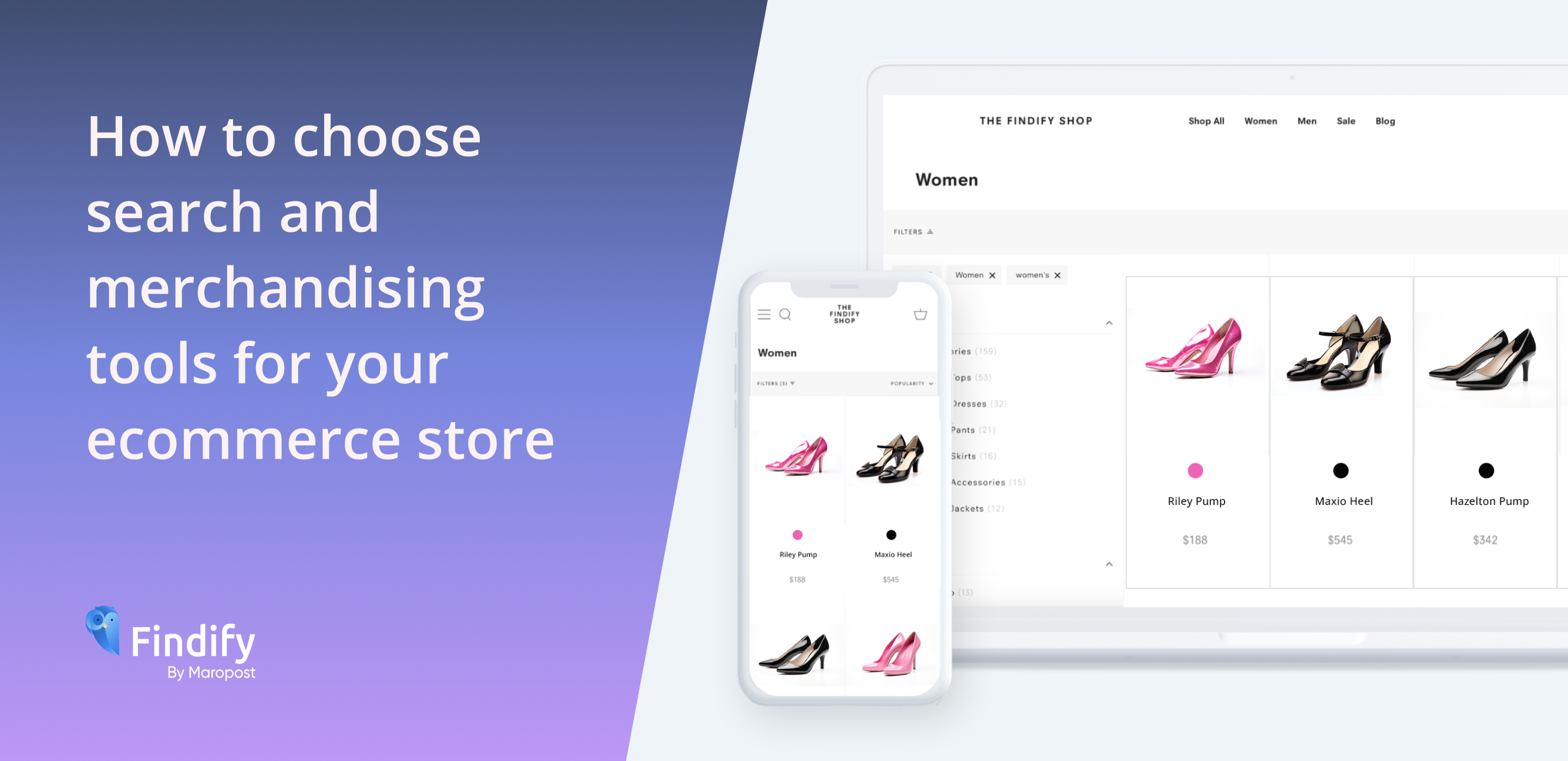New collaboration between academia and industry merges Artificial Intelligence with behavioral science for the first time, with the goal of making AI more human.
Findify has today officially announced a new partnership between researchers and industry which is set to change the face of Artificial Intelligence algorithms, by infusing them with insights from behavioral science.
The partnership is between the leading AI personalization platform Findify and researchers from Stockholm School of Economics (SSE), who are working together to improve the experience of online shopping, based on insights on cognitive mechanisms that stand in the way of good decision-making.
“The major problem that algorithms try to solve,” said Nurit Nobel, researcher at Stockholm School of Economics, “is the abundance of choice. Online retailers are not limited by the confinement of physical stores, so they can offer an unlimited selection to their shoppers. And a greater selection is an attractive proposition for shoppers, so it seems to be a win-win strategy. But the truth is, choosing between thousands of items is mentally exhausting, and that is where algorithms come into the picture. They try to show us the way and lead us to the decision that the algorithm predicts will provide the best fit.”
Ms Nobel explained that while this sounds like a good thing, it’s not enough.
“Netflix has invested millions in its algorithms, but most people still find it hard to choose a movie to watch. People still get discouraged when they look for jeans and get hundreds of results. In these situations, choice overload might kick-in, which is what happens when the availability of choices makes it more difficult for us to make a decision. As a consequence, this may lead to shoppers leaving the store without making a purchase”.
Joakim Amadeus Olsson, Findify’s CCO, said this would be a “clearly suboptimal” result.
“If a shopper leaves a store without having purchased a single item, even though they intended to do so, they are not happy, the retailer is not happy, and of course – we are not happy”.
He explained how personalization algorithms make sure that a search output contains products in the order that make a shopper most likely to buy – most relevant items on top, least relevant items at the bottom. They do this by learning an individual’s preferences from their past behavior, like other products that they have engaged with or purchased. So that when a customer looks for “jeans”, they are presented with the jeans that they are most likely to buy.
“Personalization algorithms are helpful in guiding users through the shopping journey, but to really battle choice overload, more can be done,” added Ms Nobel.
“I was excited when Findify asked for my help to work on this problem. I am not familiar with any other search algorithm provider that contemplates this kind of insight when determining the right options for that specific user. Considering that these algorithms are intended to help humans, it is staggering how little research in human psychology goes into their design.”
On Mr Olsson’s part, he is convinced this is the future of AI and algorithms.
“Adding the human dimension, using insights from psychology, really thinking about the person on the other end. If we don’t take these things into account, how can we expect to design an algorithm that provides a great experience? There is a real need for it, and we intend to close this gap,” he said.
“How we do that is we invite Nurit, the researcher from SSE that we collaborate with, into our internal discussions. We make sure she is involved in brainstorming for new features. She is there when we decide what to test, and she helps us do it in a rigorous manner. Nurit makes sure the insights from the most cutting-edge research on human behavior find their way to us and to our algorithm.”
Mr Olsson reveals Findify has already made changes to their algorithm as a result of this collaboration with SSE.
“I cannot go into detail about it, but I can say that we keep coming up with new ways to implement this knowledge. We test things and we implement the changes that we see lead to higher conversion,” he explained.
“At the end of the day, our goal is to improve the shopping experience for our retailers. That is what our algorithm is for. When we use insights from psychology, we notice that we do that better. Making the algorithm more human just makes sense.”
For more information on Findify’s powerful ecommerce tools, including personalization software and solutions such as Personalized Search, Smart Collections, and Recommendations, book a demo here.






